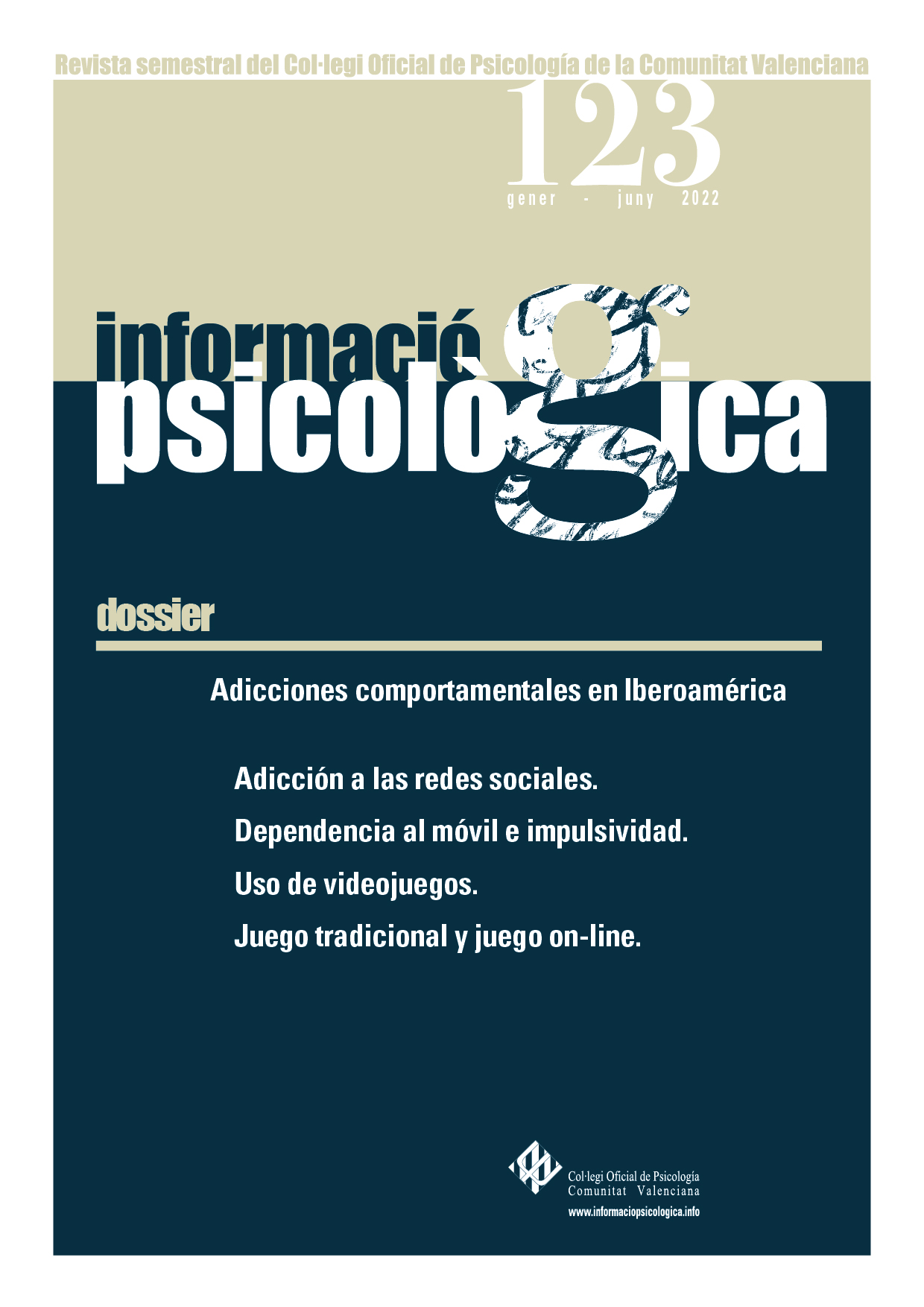The proper use of social networks in third cycle of Primary Education.
DOI:
https://doi.org/10.14635/IPSIC.1928Keywords:
social network, vicarious learning, Primary Education.Abstract
The purpose of this study is to increase knowledge about the reality of the use of social networks by students in the third cycle of Primary Education in a Valencian school. To do this, an informative talk has been designed, based on the principles emanating from two theories in use: Social Cognitive Theory and Universal Design for Learning. A pre-talk and a post-talk questionnaire were constructed to test whether the tool that had been designed, the explanatory talk, had served to increase knowledge of the contents worked on in it. At the same time, the pre-talk questionnaire served to extract descriptive data regarding the use of social networks by the students investigated. The statistical analysis shows that the talk had a beneficial effect on the students regarding all the questions surveyed, with the exception of one of them, which referred to the importance of cyberbullying as opposed to traditional bullying. The results show the need to increase studies on these issues, in the preadolescent population, third cycle of Primary.
Downloads
References
Agencia Española de Protección de Datos. (2016). Enséñales a ser legales en Internet. Guía para familiares y profesores. www.tudecideseninternet.es
Bandura A. y Walters, R.H. (1974). Aprendizaje social y desarrollo de la personalidad. Alianza.
Bandura, A. (1987). Teoría del Aprendizaje Social. Espasa Calpe.
Cardenas, S.A. (2013). Nomofobia. https://www.youtube.com/watch?v=4hwEvbd3okg
CAST (2011). Universal Design for Learning Guidelines version 2.0. Wakefield, MA: Author. Traducción al español version 2.0. (2013).
CAST (2022). Until Learning has no limits. Recuperado de: http://www.cast.org/
Hernández, R.M. (2017). Impacto de las TIC en la educación: Retos y Perspectivas. Propósitos y Representaciones, 5(1), 325-347.
Ministerio del Interior (2014) Encuesta sobre hábitos de uso y seguridad de internet de menores y jóvenes en España. Junio 2014. http://www.interior.gob.es/documents/10180/2563633/Encuesta+sobre+hábitos+de+uso+y+seguridad+de+internet+de+menores+y+jóvenes+en+España/b88a590a-514d-49a2-9162-f58b7e2cb354
Pantallas Amigas (2018). https://www.pantallasamigas.net
Rivière, A. (1992). La Teoría social del aprendizaje. Implicaciones educativas. En Desarrollo psicológico y Educación (II). comp. Coll, C.; Palacios, J.; Marchesi, A. Alianza.
Ruíz Ahmed, Y.M. (2010). Aprendizaje vicario: implicaciones educativas en el aula. En Temas para la Educación, revista digital para profesionales de la enseñanza. Núm 10. Septiembre 2010.
Downloads
Published
How to Cite
Issue
Section
License
Nota de Copyright-Los autores que publican en esta revista están de acuerdo con los siguientes términos:
Los autores conservan los derechos de autor y garantizan a la revista el derecho de ser la primera publicación del trabajo al igual que licenciado bajo una Creative Commons Attribution License que permite a otros compartir el trabajo con un reconocimiento de la autoría del trabajo y la publicación inicial en esta revista.
Los autores pueden establecer por separado acuerdos adicionales para la distribución no exclusiva de la versión de la obra publicada en la revista (por ejemplo, situarlo en un repositorio institucional o publicarlo en un libro), con un reconocimiento de su publicación inicial en esta revista.
Se permite y se anima a los autores a difundir sus trabajos electrónicamente (por ejemplo, en repositorios institucionales o en su propio sitio web) antes y durante el proceso de envío, ya que puede dar lugar a intercambios productivos, así como a una citación más temprana y mayor de los trabajos publicados







